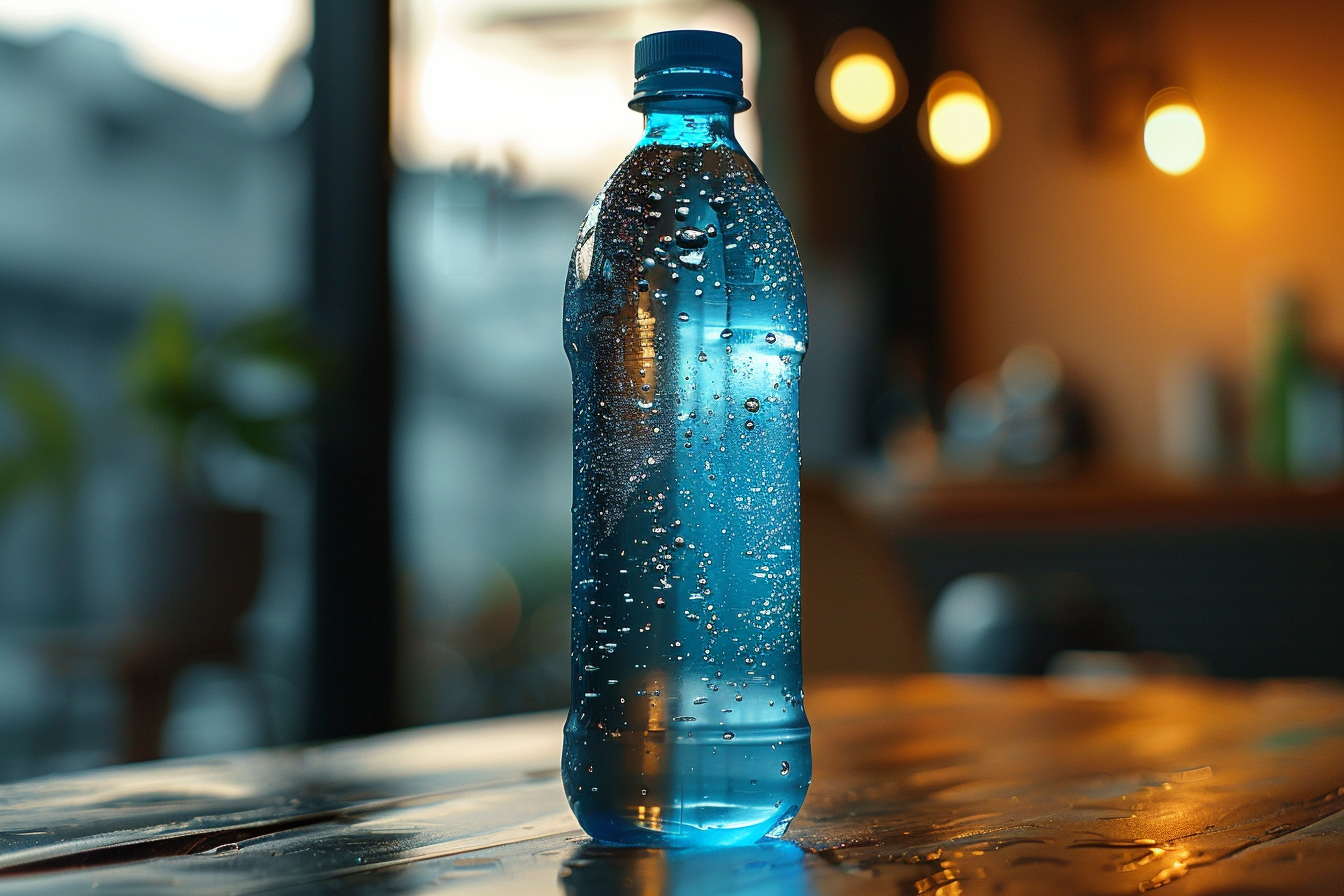How to Drink More Water & Stay Hydrated
Drinking more water throughout the day helps ensure adequate hydration, which is essential for your well-being particularly during summer.
Despite this, if you haven’t been focusing on hydrating yourself lately, changing to this may appear overwhelming. However, some simple ways exist through which you can increase your fluid intake without making it seem like a burden.
To explore the importance of healthful hydration and get tips on drinking more water, we reached out to some expert dietitians who work in this field.
They also provided us with important insights into the benefits of keeping oneself hydrated and how one can make an additional glass or bottle of water become part of his daily life.
Do not stop before reading their professional advice about embracing H2O’s significance and helping your skin be hydrated easily and naturally in order to know more about them; alternatively, find out what happens when you drink lemon water all day long.
Why do I need to hydrate myself?
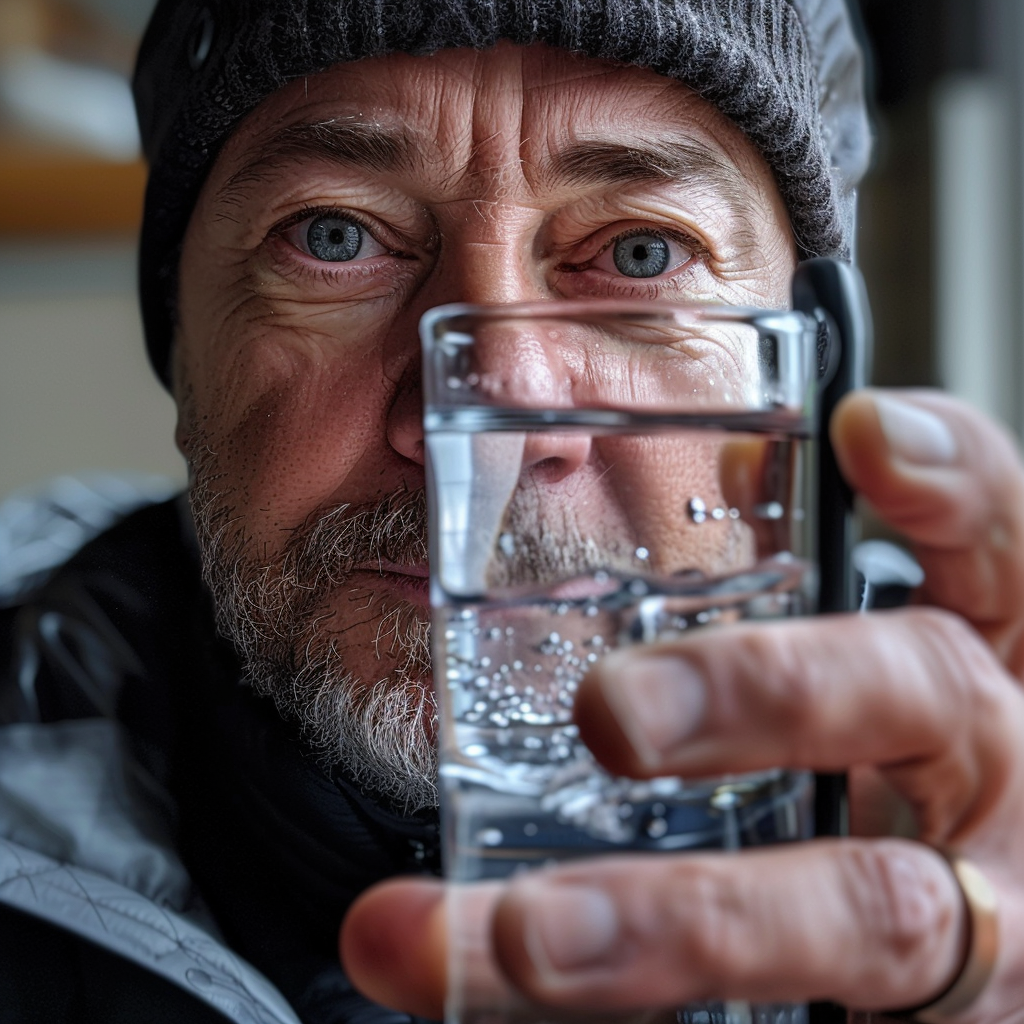
Water is a basic necessity for many body functions hence its need for good health. According to Toby Amidor, a well-known nutrition expert every cell tissue organ must have water in order for it function properly.
While discussing various reasons why we should always remain adequately hydrated Lauren Manaker points out that foggy brain is caused by dehydration too. Keeping moisturized aids control weight as well as manage joint lubrication and temperature.
Furthermore, when blood contains water as part of it, it plays a critical role in the circulatory system. Nutrients are brought to cells while waste products are eliminated from the body by kidneys due to presence of abundant fluids present in blood consisting mostly of water.
The second characteristic is sweating which allows our bodies regulate heat effectively followed by ensuring smooth digestion process through supporting correct bowel movements using plenty amount of water.
Optimal levels of hydration help keep energy levels up because nutrients are transported via cells with assistance from fluids such as blood that contains proteins required for transferring electrons.
On the other hand, chronic dehydration can lead to various health issues such as digestive problems, kidney stones, and high blood pressure.
According to Amidor, dehydration occurs when there is a net loss of body fluids resulting in impaired physical functions. These are some signs of dehydration: headaches, dizziness, constipation and fatigue.
Furthermore, low fluid intake could affect moodiness and memory as well as cognitive impairment. At any rate when acceptable hydration is restored it tends to get better.
How much water does an average person need to drink daily in order to be hydrated?
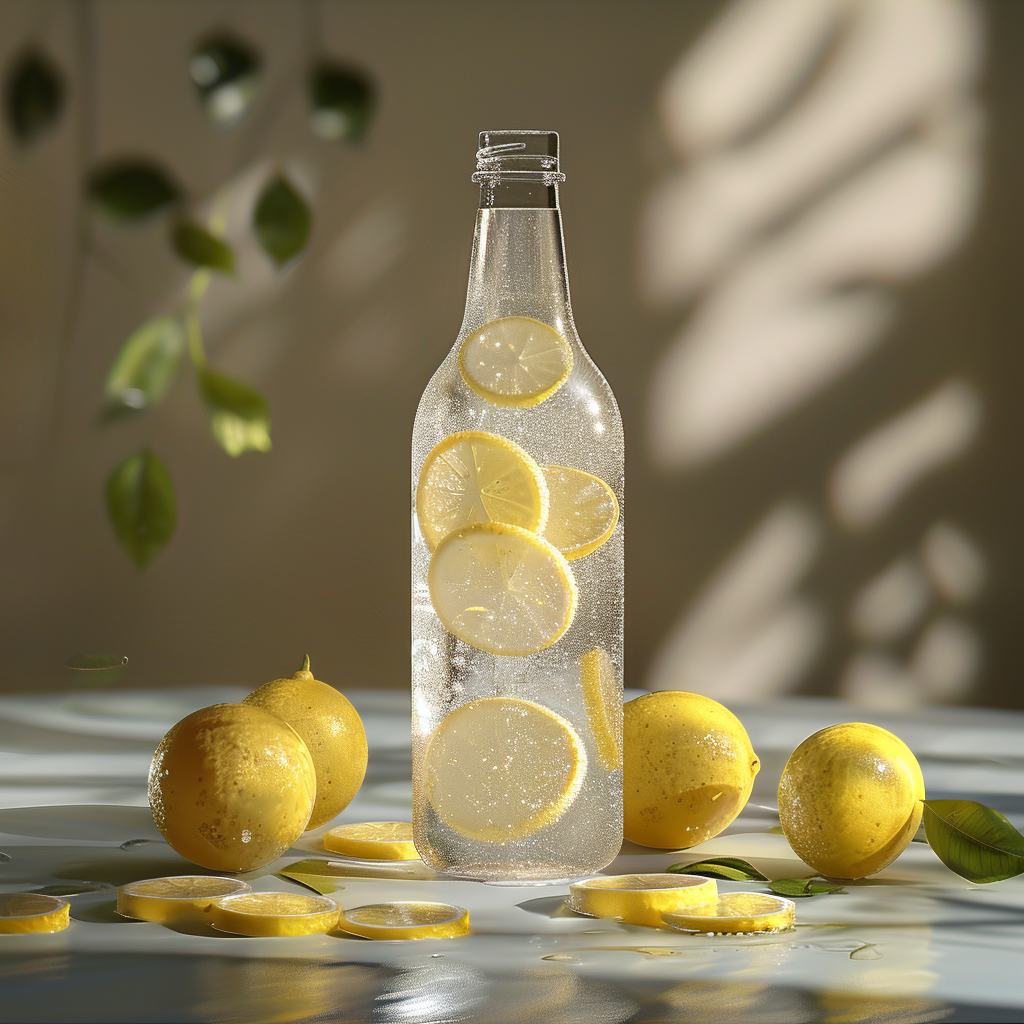
Institute of Medicine suggests that men should have at least 15.5 cups (3.7 liters) per day while women should have approximately 11.5 cups (2.7 liters) every day as an adequate intake (AI).
The Mantle Group food consultants noted that this takes into account both beverages and food with about 20% of water coming from food including fruits and vegetables. However keeping this in mind, a woman should drink around nine glasses per day whereas a man needs twelve-and-a-half glasses for him to remain hydrated.
Nonetheless this may change depending on individual needs since according to Amidor:
- Exercise: If you sweat whilst doing any exercise activity then you will need more fluid as replacement for lost sweat.
- Higher temperatures or humidity mean more sweat and therefore increased consumption of water is needed; similarly people living at higher altitudes tend to be dehydrated easily.
- Illnesses like feverish conditions diarrhea vomiting all result in loss of fluids increase water consumption in order not to get dehydrated
- Pregnancy and breastfeeding: These life stages involve increased metabolic activity, requiring higher fluid intake for both the mother and baby.
Sydney Greene, a registered dietitian, says individuals should take into consideration their body chemistries and specific environmental conditions when determining how much water they need.
In general, she advises that you drink about half your body weight in ounces per day to stay hydrated and feel good.
How to drink more water daily
Drinking enough water is very important for staying healthy overall yet many adults find it quite difficult to consume adequate amount of fluids every day. As summer approaches, maintaining hydration is becoming even more vital. But for those who have not prioritized staying hydrated before, increasing their water consumption might seem like a daunting task.
So how can you add more water into your daily routine without feeling as though it’s just another chore? We are going to discuss the importance of hydration and give some practical tips on how we can increase our water intake.
Find out what they reveal concerning the significance of keeping oneself hydrated at all times and how hydration can become an integral part of one’s schedule.
1. Eat hydrating foods
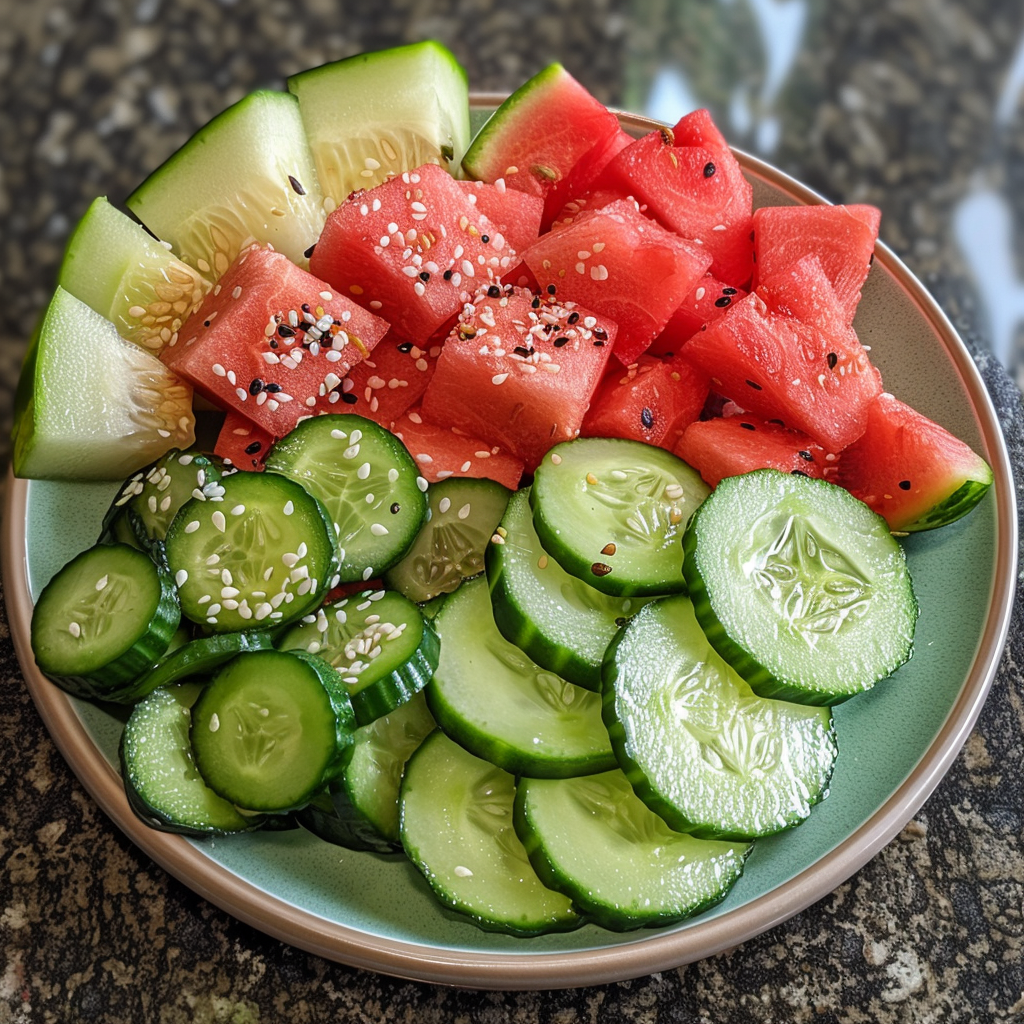
For instance, eating hydrating foods such as watermelons or cucumbers that are predominantly made up of water helps maintain moisture levels in the body especially when used as snacks.
Moreover these fruits naturally contain electrolytes like magnesium and potassium that support proper hydration often unlike other sugary products that do not serve this purpose. One example is 92% of its content being made up by a juicy melon fruit called ‘watermelon’ which is among the best choices if you want to remain well-hydrated.
2. Set alarms for yourself
“Set an alert on your phone to go off every hour,” suggests Greene “Sometimes I tell clients to put something in their calendar so it goes off every hour as a reminder for them to drink water”.
3. Treat yourself to a large reusable water bottle
Greene says “one simple way to drink more water is to buy a big container around 40oz that can be filled up with tap or filtered water throughout the day.” For instance, she explains the significance of having a straw in your water bottle. ‘To begin with, set out just one complete bottle each day and increase this by one more daily until you become used to it’.
4. Prep water overnight
Manaker provides an alternative method for improving hydration levels which involves preparing one’s COLD water bottle at night and then storing it in the refrigerator. This means there will always be something refreshing waiting for you during busy mornings so no excuse of not enough time in morning rush hour when we don’t fill our bottles.
Amidor also points out that having your whole daily intake of fluids on hand isn’t always practical, but keeping a nearby convenient container makes it easy to sip on H20 all day long and refill as needed—staying hydrated while doing errands etc.
5. Try flavor-infused water
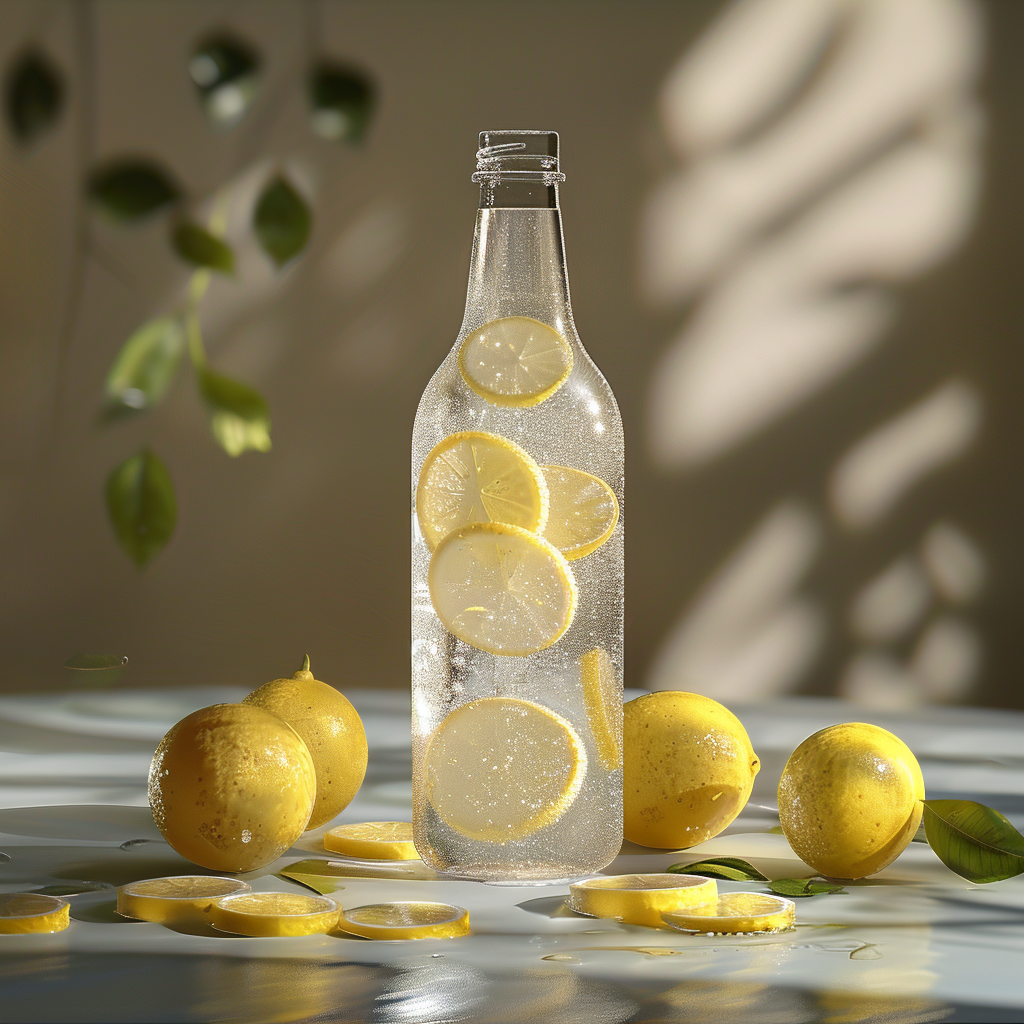
“You can drink infused water to add some flavor,” says Manaker.
The taste of water can also get better due to the addition of slices of lemon, lime or grapefruit without interfering with its health benefits. I have noticed several advantages of lemon water in particular which they are related to my own experience when I drank that beverage every morning for 30 days and seen five things changing my life from it.
6. Always choose H2O over other drinks
Water is more hydrating than any other drink available. “Instead of sugary sodas or large Venti cups of fancy coffee, choose water or calorie-free sparkling water,” advises Amidor.
7. Listen to your body
Sometimes, simple solutions work best. According to Amidor, one way to ensure you remain hydrated is by paying attention to your internal cues as an individual’s human body always speaks volumes. “Drink when you’re thirsty,” advises Amidor. “Thirst is your body’s way of signaling that you need fluids.”
